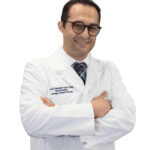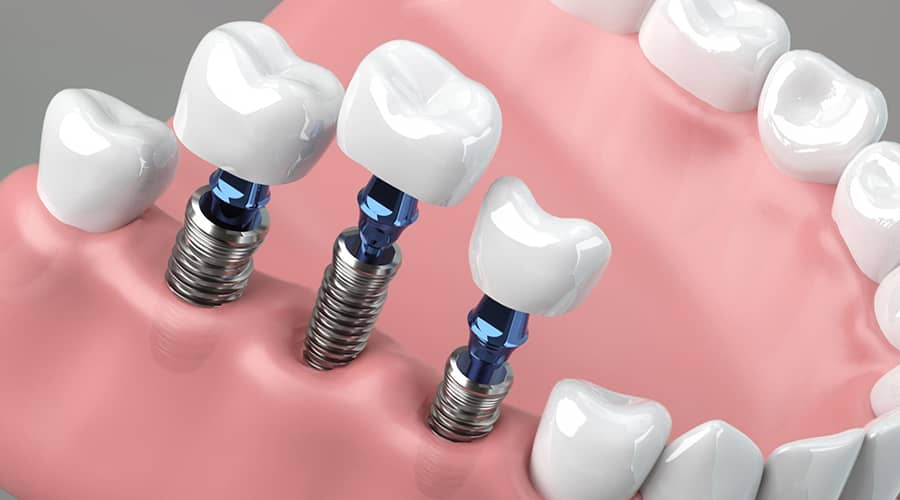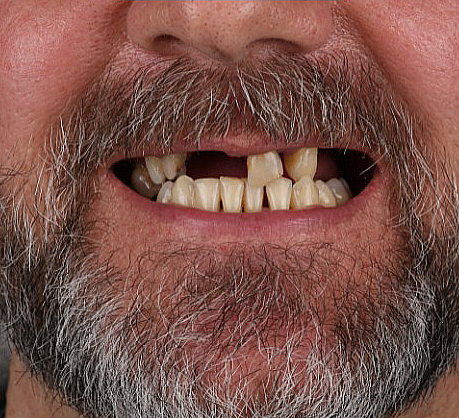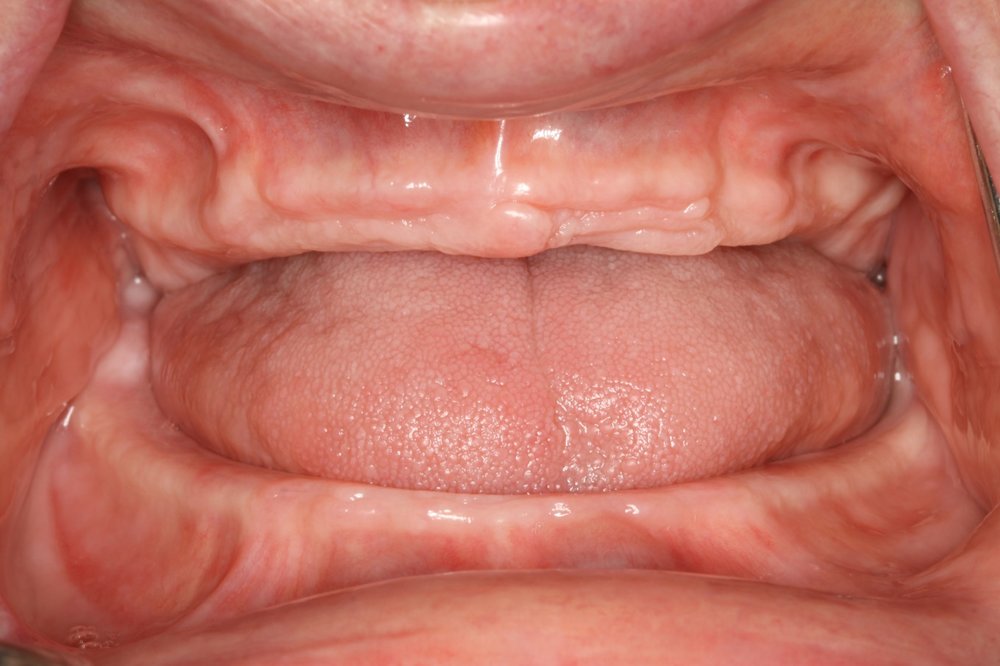In This Article
Introduction:
This is David and I am a dental implant educator at Chicago Implant Studio. One of the things that our patients are curious about at their dental implant consultation session is “Dental implant recovery and driving restrictions”
Recovering from dental implant surgery requires patience and adherence to certain guidelines to ensure successful healing. While the procedure itself is relatively safe and routine, it’s essential to understand the recovery process and any driving restrictions that may apply. In this article, we’ll explore the key aspects of dental implant recovery and provide insights into driving restrictions during this crucial phase.
Dental Implant Recovery: A Brief Overview
Dental implant surgery involves the placement of artificial tooth roots in the jawbone to support replacement teeth. After the procedure, a successful recovery is crucial for optimal results. Here are some key points to consider:
- Initial recovery period: The first few days after dental implant surgery are crucial for healing. You may experience swelling, bruising, and mild discomfort, which can be managed with prescribed medications.
- Follow post-operative instructions: Your dentist will provide specific post-operative instructions, including oral hygiene practices, dietary restrictions, and medication schedules. Adhering to these instructions is vital for a smooth recovery.
- Managing discomfort: Pain and discomfort can be managed by applying ice packs, avoiding hot foods or beverages, and following the prescribed pain medication regimen.
Driving Restrictions during Dental Implant Recovery
During the recovery period, it’s important to prioritize your safety and that of others. Driving restrictions may be necessary due to potential side effects of the surgery and the use of certain medications. Here’s what you need to know:
- Anesthesia and sedation: Dental implant surgery often involves the use of local anesthesia or sedation. These can temporarily impair your coordination, reflexes, and judgment, making it unsafe to drive immediately after the procedure. It is advisable to arrange for a responsible adult to drive you home.
- Medication side effects: Pain medications prescribed during recovery can have sedative effects or cause drowsiness. These side effects may compromise your ability to drive safely. It is important to read the medication labels carefully and follow the instructions provided by your dentist.
- Individual variations: Each person’s recovery experience is unique. Some individuals may recover more quickly and experience minimal side effects, while others may require additional time to heal. It’s crucial to consult with your dentist to determine when it is safe for you to resume driving.
Safety First: Alternatives to Driving
During your dental implant recovery, it’s important to prioritize safety. If driving is restricted, consider the following alternatives:
- Arrange transportation: Seek assistance from friends, family members, or rideshare services to ensure you can attend necessary appointments or run essential errands.
- Public transportation: Utilize public transportation options such as buses, trains, or taxis to fulfill your travel needs.
- Telecommuting: If possible, explore options to work from home or remotely during the recovery period, reducing the need for daily commuting.
Conclusion
Successful recovery from dental implant surgery is crucial for long-term oral health. Adhering to post-operative instructions, managing discomfort, and understanding driving restrictions are essential components of the recovery process. Prioritize your safety and consult with your dentist to determine when it is safe for you to resume driving. By following these guidelines, you can ensure a smooth recovery and return to your daily activities with a confident smile.
Schedule a Free Consultation Today
From single and multiple tooth to full jaw All-on-4 dental implants, Chicago Implant Studio helps patients of all ages enjoy eating, gain their confidence, and smile again. Find out how dental implants can improve your life and overall health . Schedule a free consultation online today or call us at (331) 257-7999.






